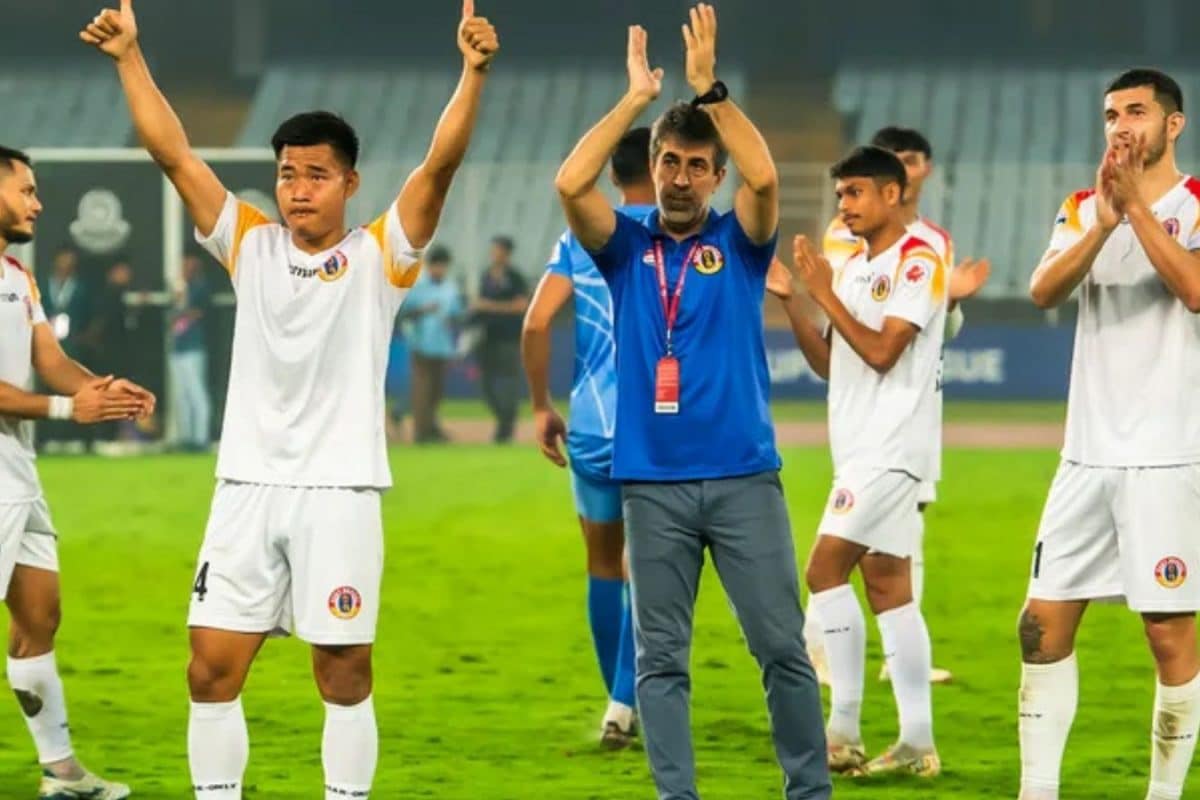

The future of Indian football hangs in the balance as the Supreme Court prepares to hear pleas concerning the All India Football Federation (AIFF) on August 22, 2025. This hearing offers a glimmer of hope to millions of fans and stakeholders awaiting the commencement of the new Indian Super League (ISL) season.
At the heart of the issue is the Master Rights Agreement (MRA) between the AIFF and Football Sports Development Ltd. (FSDL), which has been on hold since April following a Supreme Court directive. This agreement grants FSDL exclusive commercial rights to operate and market the ISL, including sponsorships, broadcasting, and league management, while ensuring AIFF receives an annual fee. The MRA is set to expire on December 8, 2025, but its renewal is stalled as the court deliberates on the AIFF's constitutional validity.
The AIFF controversy dates back to the 2016 elections when Praful Patel was re-elected as president. The Delhi High Court ruled the elections violated the National Sports Code, citing breaches in tenure limits, age caps, and democratic representation. Although the Supreme Court stayed that ruling in 2017, it acknowledged the need for reform and appointed a Committee of Administrators (CoA) in 2022 to draft a new constitution.
The current impasse has created significant turmoil. ISL clubs and AIFF have approached the Supreme Court, citing delays in the 2025-26 season, frozen player contracts, and operational disruptions due to the stalled MRA. Many clubs have suspended operations, broadcasters face uncertainty, and players' contracts remain frozen. Bengaluru FC, Chennaiyin FC, and Odisha FC are among the clubs forced to halt salaries.
The Supreme Court's intervention is crucial to resolve the current deadlock. The bench, led by Justice P.S. Narasimha, has indicated a desire to hear all sides on the National Sports Governance Bill, noting that the bill was considered while finalizing the AIFF's new constitution. The court has scheduled the next hearing for August 22, 2025, at 2:00 PM.
The outcome of the Supreme Court's decision will determine not only the future of the MRA but also how national sports federations are governed in India. The court has acknowledged the urgency of the matter, with Justice Narasimha stating that the court intends to pronounce its decision before December 8, 2025. However, the Amicus Curiae has pressed for urgency, given the season calendar and the hardship being felt by the players and other stakeholders.
The AIFF's draft constitution includes proposals such as limiting the tenure of office bearers and introducing provisions for removing officials through a no-confidence motion. The court's final verdict will have far-reaching consequences for the governance and administration of football in India.